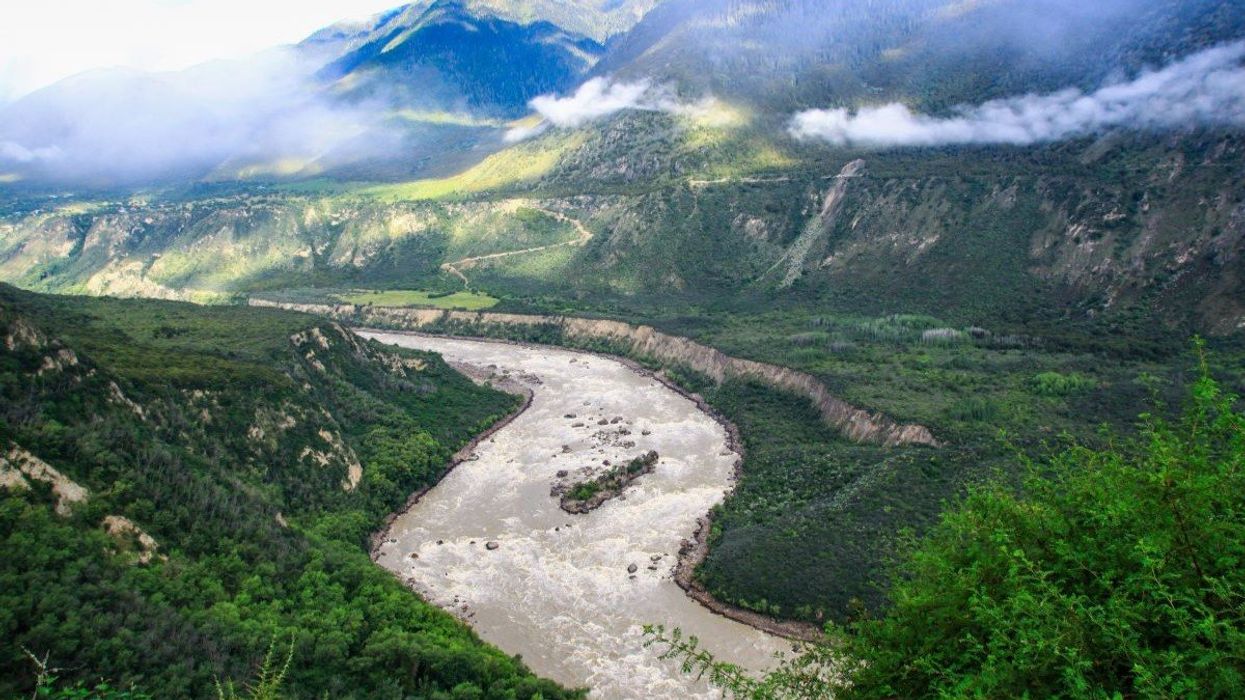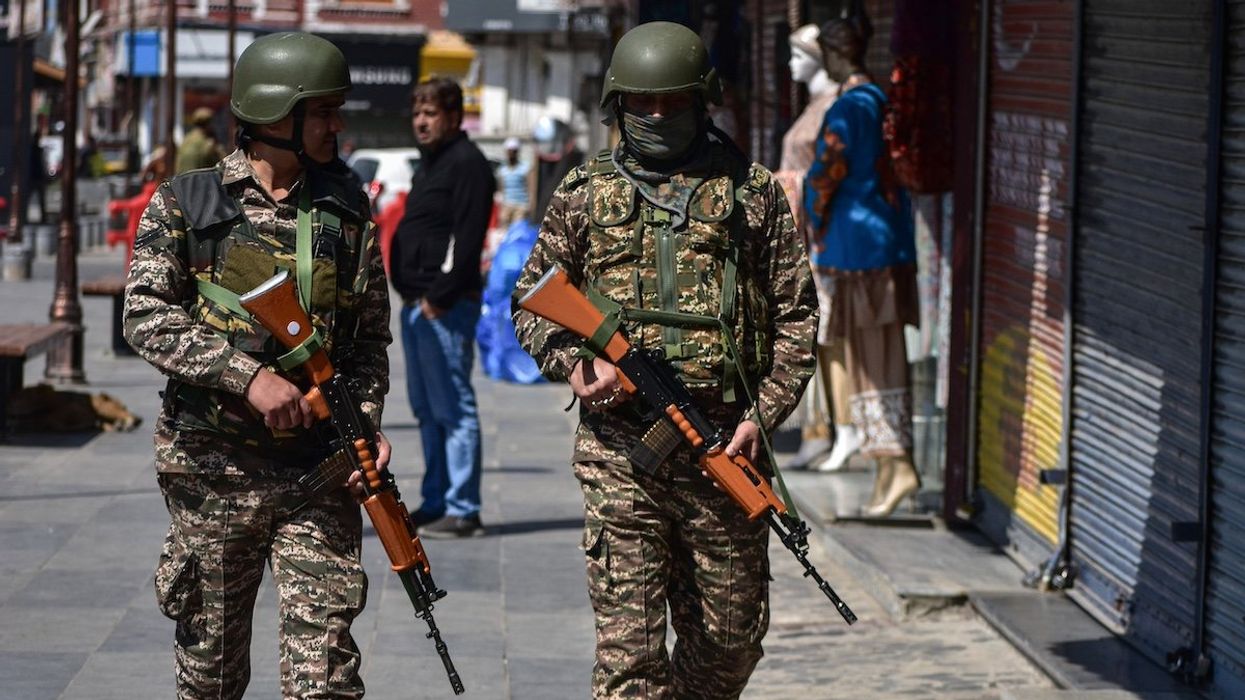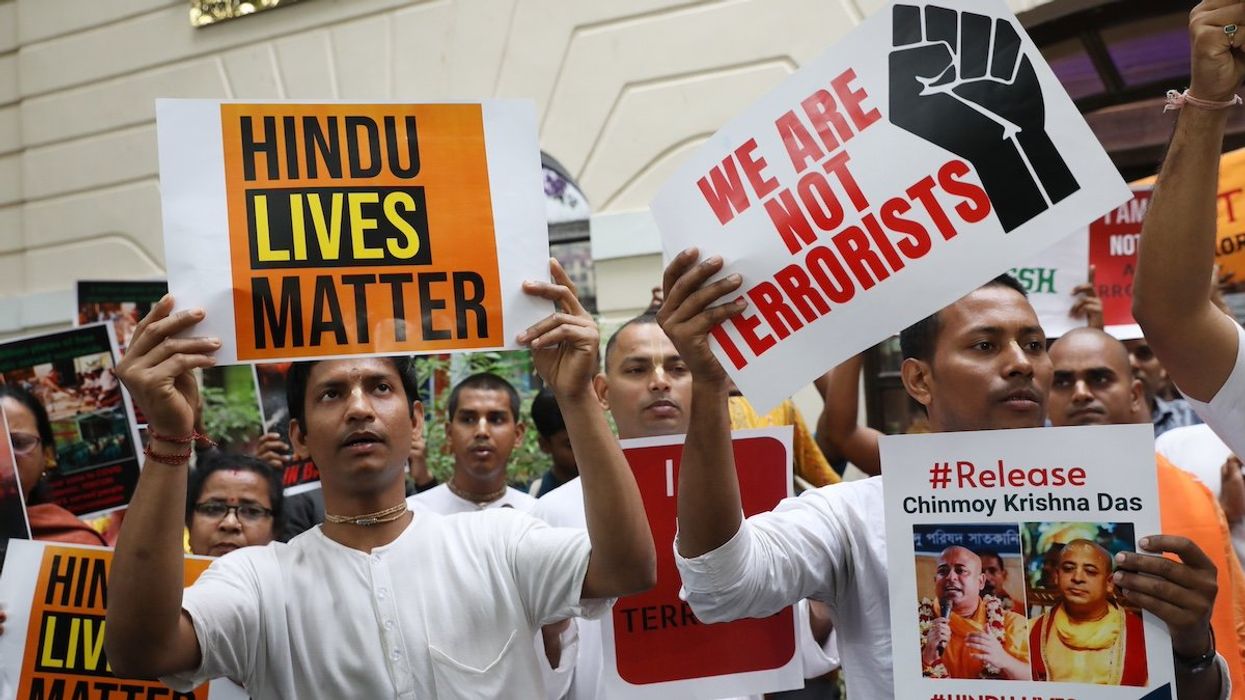Analysis
China’s mega-dam gambit: The $167 billion bet that could reshape Asia
On Saturday, China announced the start of one of the world’s biggest infrastructure projects: a $167 billion mega-dam in Tibet that will, when completed, be the most powerful source of hydroelectricity in history.
Jul 22, 2025



